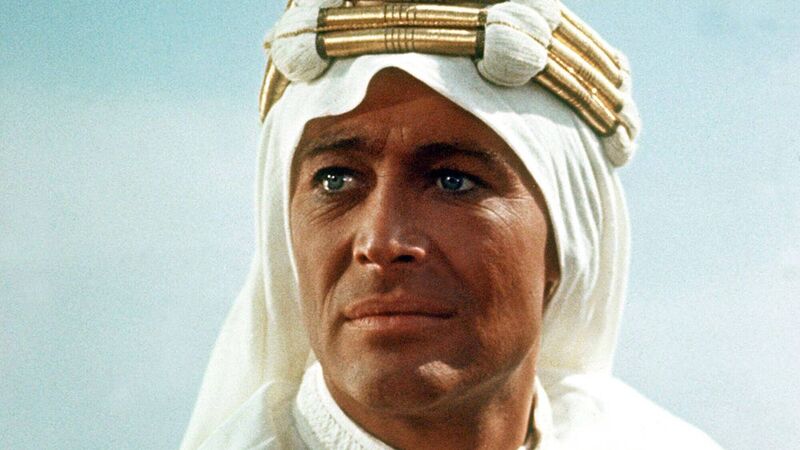Peter O’Toole: 'He wasn’t some faux plastic Paddy either, he was very Irish'

Peter O’Toole as Lawrence of Arabia in 1962.
When it comes to legendary actor Peter O’Toole, it is hard to distinguish the man from the myth. Do an online search for ‘where was Peter O’Toole born?’ and the first answer you will get is Connemara.
Archived pieces from respected news sources (including the New York Times obituary) will confirm this. However, there is only one birth cert in existence for O’Toole and that states he was born in the English city of Leeds.




